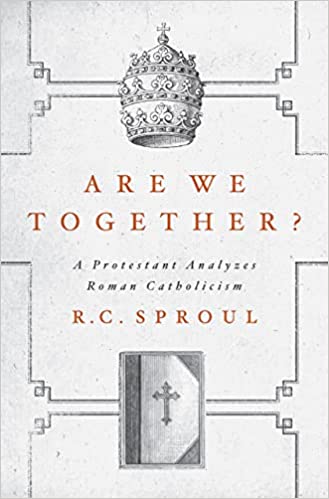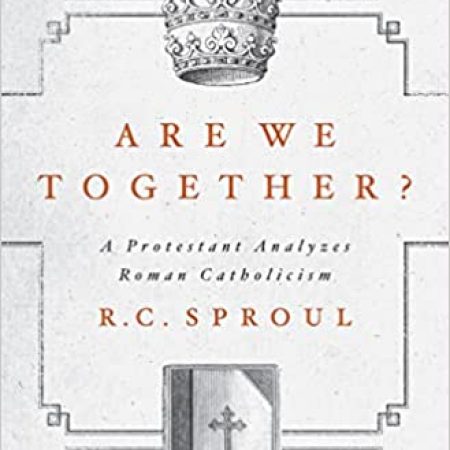
“…given the attraction that Roman Catholicism is exerting on some Protestants, it is essential that its errors be exposed”, so writes R C Sproul in the closing pages of his book, giving us the purpose for writing. It is certainly striking how many Protestants are clamouring for greater closeness with Rome and yet, as Sproul so carefully points out, in terms of the core fundamentals of biblical, evangelical faith, the gulf between the Protestant and Roman Catholic wings of Christendom is, in truth, no narrower than at the time of the Reformation. Indeed, though in many ways the Roman Church has changed, “…the differences are greater now”, because such tenets as papal infallibility and Mariology are all post-Reformation developments.
Sproul brings several great strengths to this important work. Firstly, his own extensive knowledge of his subject and his impressive grasp of church history. Secondly, he draws heavily on original sources, quoting from Roman Catholic documents and pronouncements as well as from reformed creeds and statements of faith. Of course, he also brings his personal skills as a master teacher and communicator.
In his Introduction to the subject at hand, Sproul makes clear that what is at stake in this debate is nothing less than the gospel itself. He refers to some of the recent statements by those who seek a closer relationship with the Roman Church, such as the 1994 Evangelicals and Catholics Together initiative and the 2009 Manhattan Declaration, both of which, in his view, “gave the same blanket endorsement of Rome as a Christian body.”
Sproul then takes 6 key areas in which the Roman Church teaches something opposed to Scripture – Scripture, Justification, the Church, the Sacraments, the papacy and Mary. Several times he defends Rome against unfair caricatures of their beliefs and is quite willing to give credit where credit is due in areas where they hold a biblical position. However, referring both to history and formal church statements, he cogently highlights those teachings which are contrary to the teaching of Scripture and shows why it is so important to maintain a clearly biblical position. Each section very helpfully closes with what he calls ‘Roman Catholic and Protestant Affirmations’ in which he provides numerous quotations from authoritative Roman and Reformed Catechism and Confessions.
Sproul closes with a short but warm-hearted chapter in which he addresses the question, ‘How then should we proceed?’ Unswerving in his conclusion that “Rome has compromised the gospel with her unbiblical doctrines, he desires that as individuals we should reach out to Roman Catholics in love, but that as churches we must take a clear and distinctive stand for the biblical gospel. Identification with Roman Catholics in areas of social concern, for example, is not a problem, “But we must not assume that we are brothers and sisters with them in the gospel.”
There is nothing at all vitriolic about the tone. Rather it is extremely irenic and marked by a genuine sadness that the Roman Church is so at odds with the clear teaching of Scripture.. This is an enormously helpful and, I believe, important volume. It arms the individual believer with facts rather than hearsay. In the words of one of those endorsing the book, “This is a book that Protestants should give to their Roman Catholic neighbours and that Protestant pastors (after reading it) should give to their members.”
Ligonier Ministries (14 Jun. 2016)
For the purpose of review, I received a complimentary copy of the book from the publisher. I was under no obligation to write a positive review.
